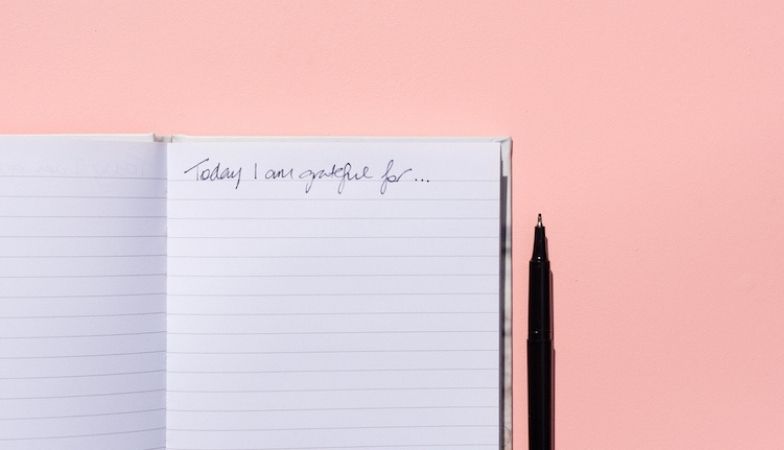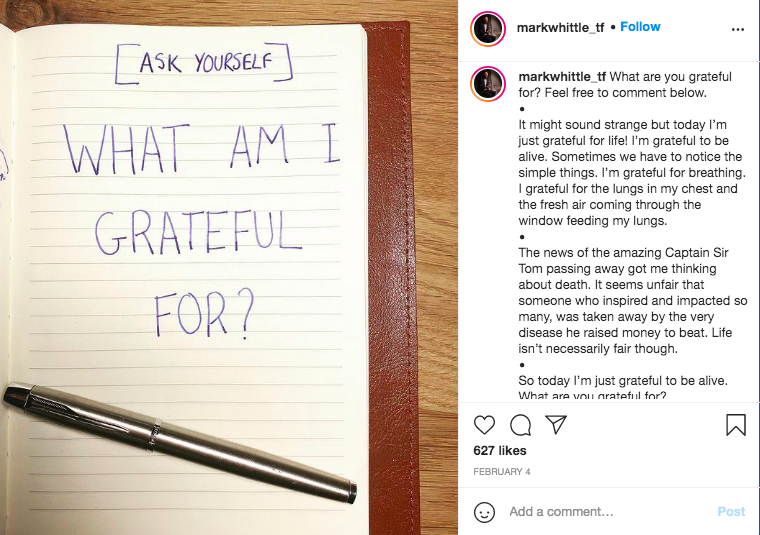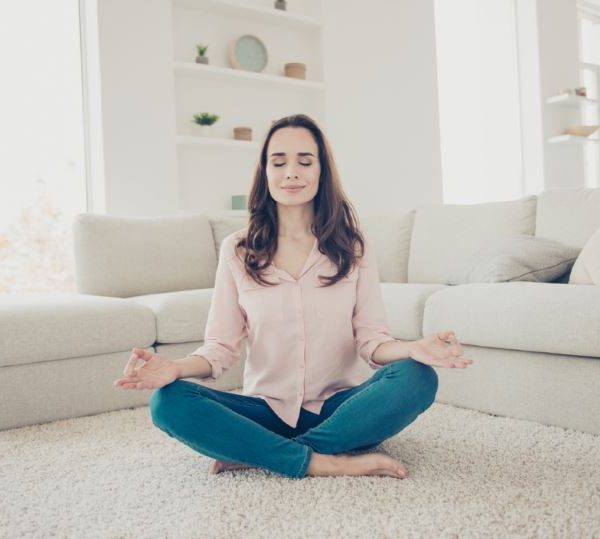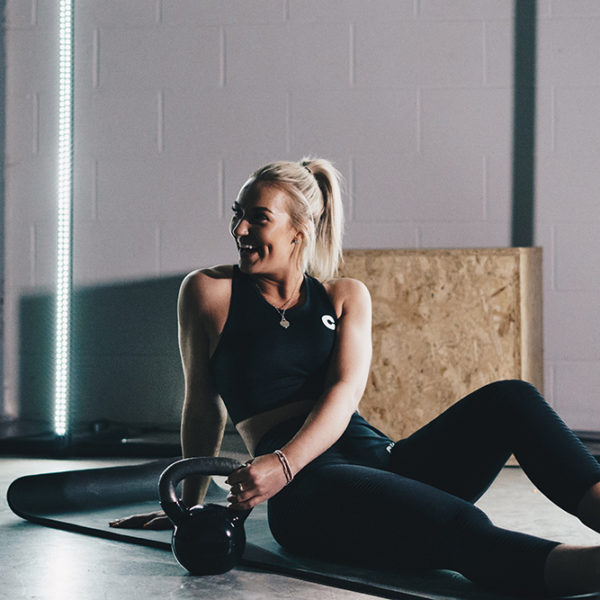Leading purpose and performance coach reveals how gratitude can make you happier every day and improve mental health
Gratitude – does it work? Purpose and Performance Coach, Mark Whittle, will be offering weekly productivity hacks, lifestyle changes and tools to help you through the rest of lockdown
Gratitude practice might sound cheesy, but there is much evidence that shows how being grateful for what we have can make us happier and improve our mental health.
One in four of us will suffer with mental health each year.
What’s so challenging about mental health, is that it’s an invisible illness. It’s hard to know whether friends and family are suffering with their mental health, let alone strangers we cross in the street.
Stress, anxiety and depression take place in an individual’s mind and it leads to us having incredibly detrimental conversations with ourself.
It’s hard to know whether friends and family are suffering with their mental health
Self-talk like, ‘I’m not good enough’, ‘I could never do that’ or ‘why should I even try’, lead us down a negative path and significantly impact our self-confidence, drive and motivation.
A simple way to improve our self-talk, feel more positive and manage our mental health, is to incorporate a five-minute gratitude practice into your day.
Indeed, a study by psychologist Alex Wood in 2008 showed that practicing gratitude can even reduce the frequency and duration of episodes of depression too.

How does gratitude make us happier?
On a physiological level, when we express gratitude our brain releases serotonin and dopamine, among other neurotransmitters, which make us feel good!
In order to feel the benefits, I suggest writing down three things you are grateful for each morning. Start with ‘Today, I am grateful for….’ At see what comes up.
You might be surprised by just how many great things you have in your life right now.
It’s important that when we practice gratitude, we write down what we a grateful for, and take time to deeply feel the emotion, rather than just move on to the next bullet point.

Even just a few seconds to really feel why you are grateful will have a big impact. Also, try to pick three different points each day rather than repeating the same ones.
A study on 300 adults seeking mental help for anxiety and depression at university found that those who wrote gratitude letters reported significantly better mental health, compared with the participants who wrote about negative experiences or only received counseling.
As we consistently practice gratitude, we will slowly stop writing the big things down, ‘My House, my car, my job’ and start noticing the simple things in life, ‘The fresh air, my health, the fact I am breathing effortlessly’.
gratitude trains you to be thankful for what you have in your life, not be anxious about what you don’t have
By continuing to find new things to be grateful for each day, we start to rewire our outlook on life and find the positive in any situation.
Essentially, gratitude trains you to be thankful for what you have in your life, not be anxious about what you don’t have.
Now more than ever this is an incredibly valuable mindset to have.
Practice this five-minute gratitude exercise each day for as long as you can. Most will last a few days, some will last over a week, but the ones who last 30 days or more will change their whole life. Which will you be?













